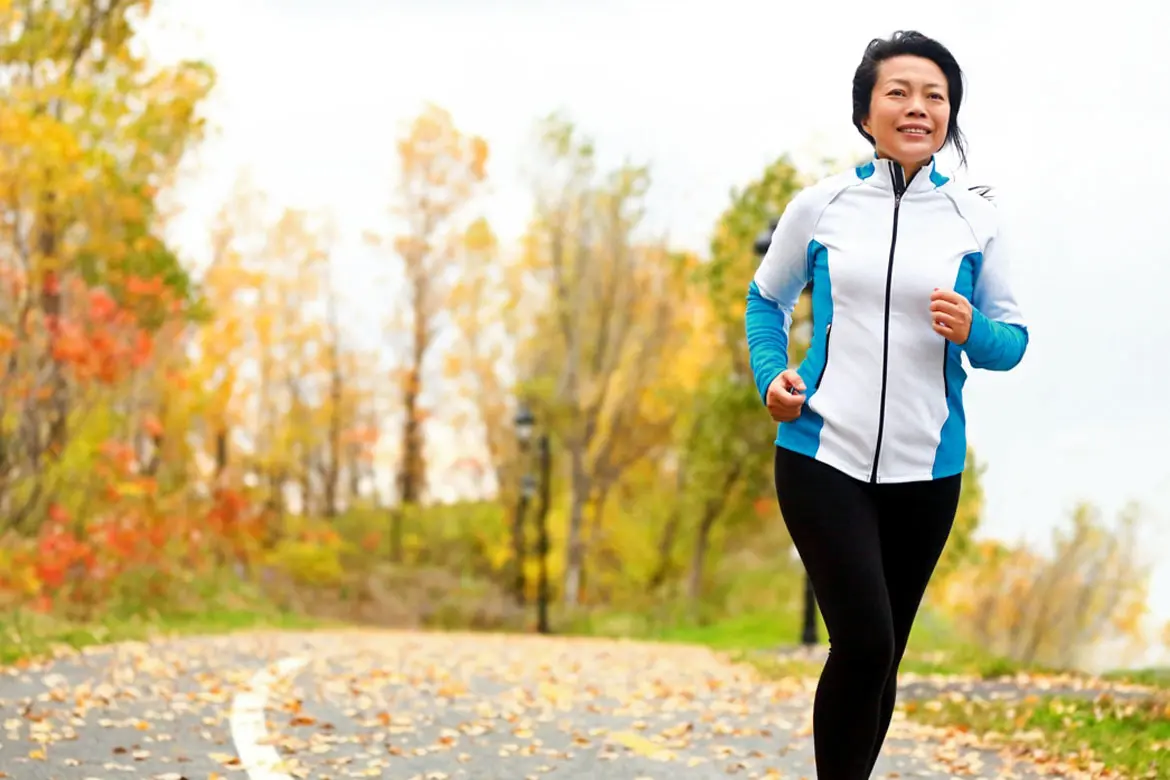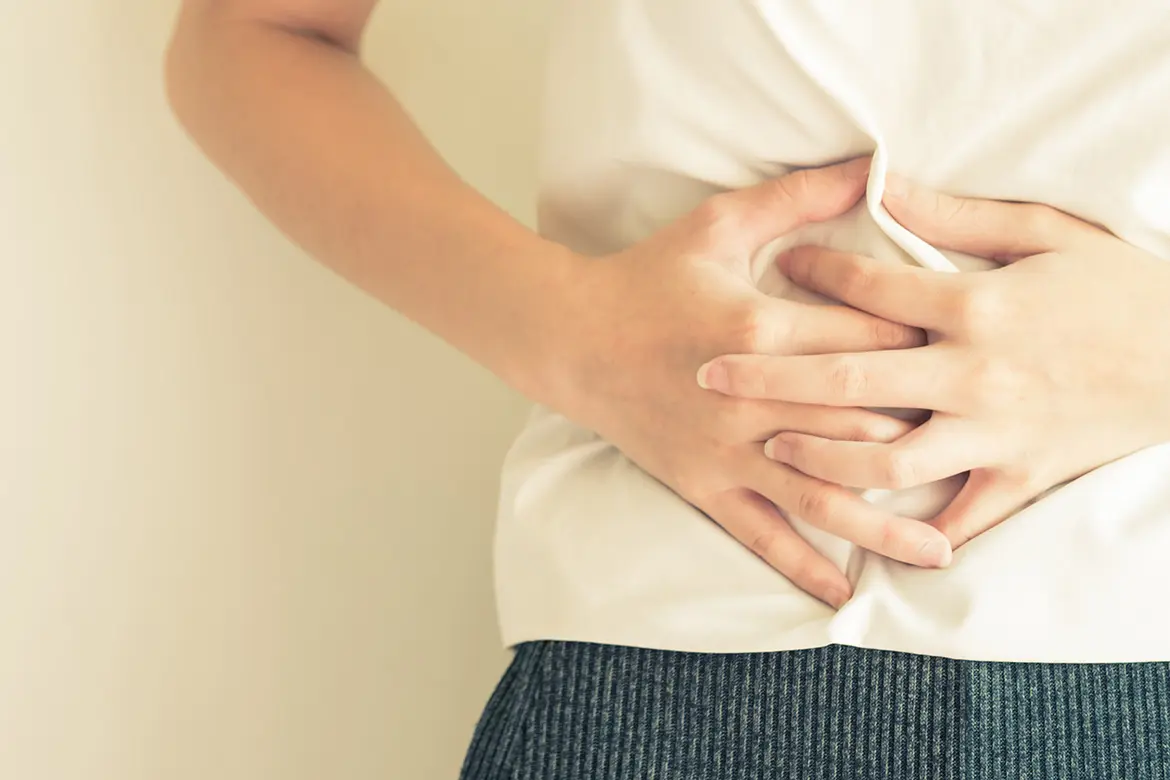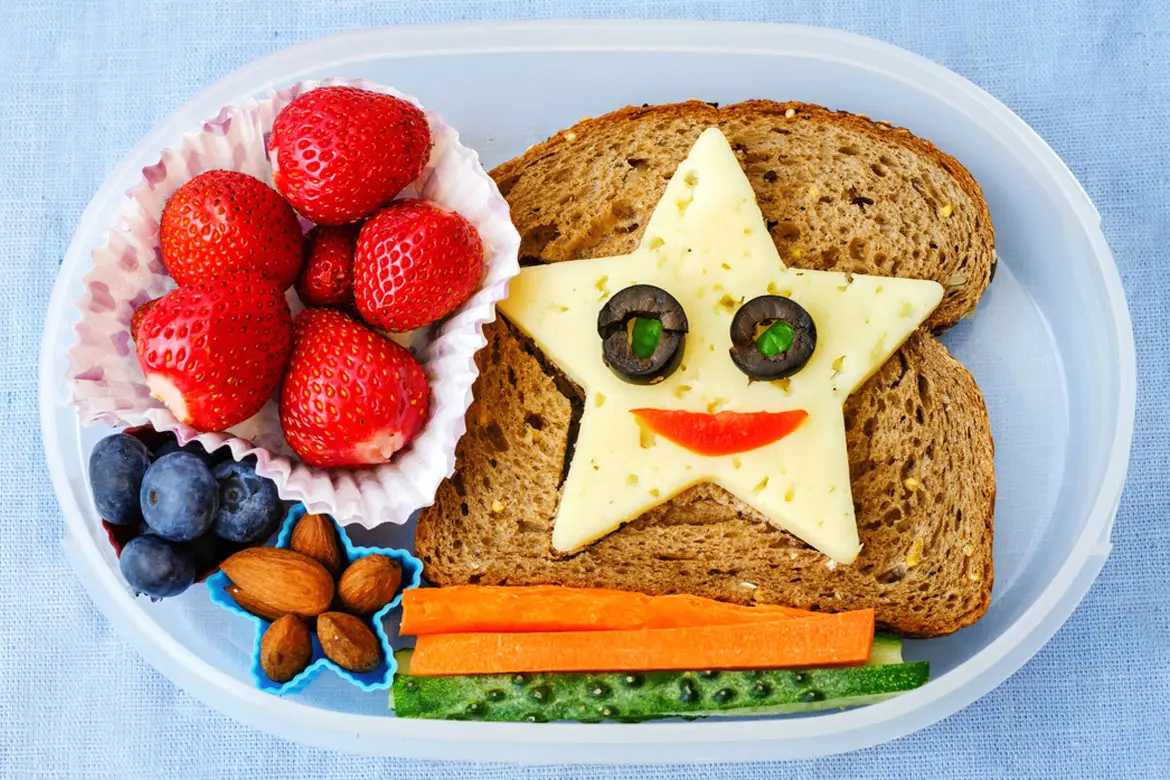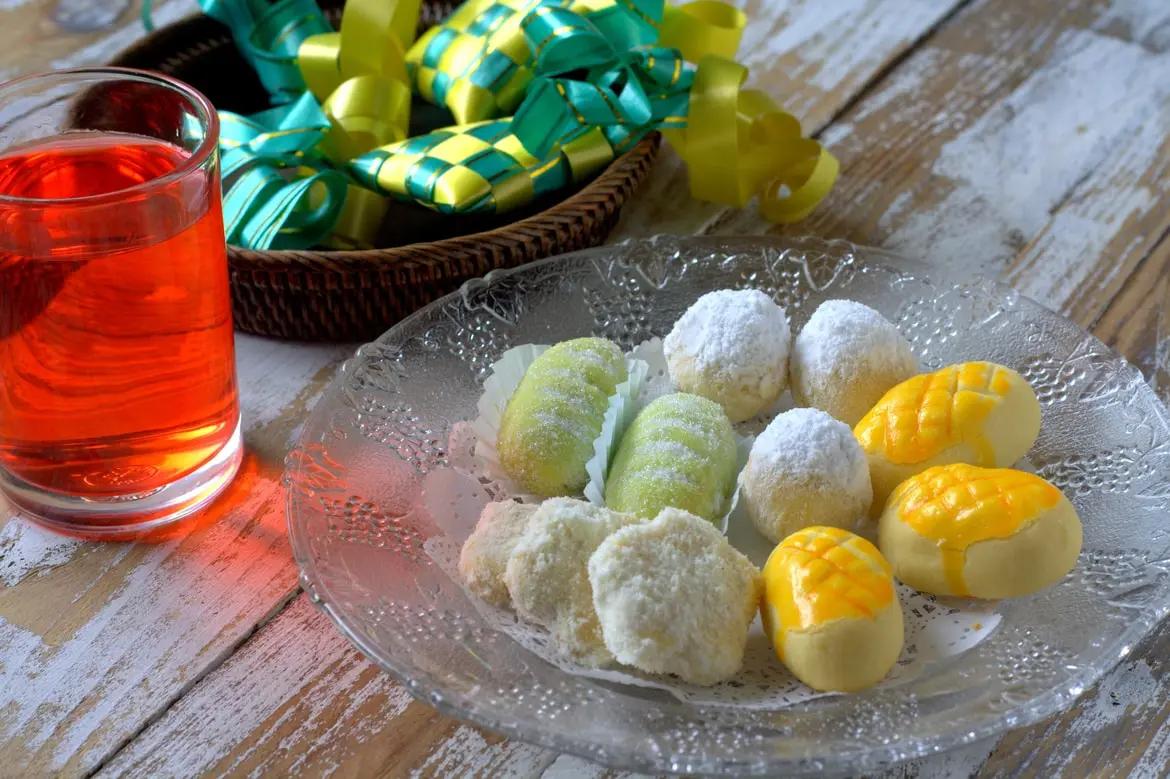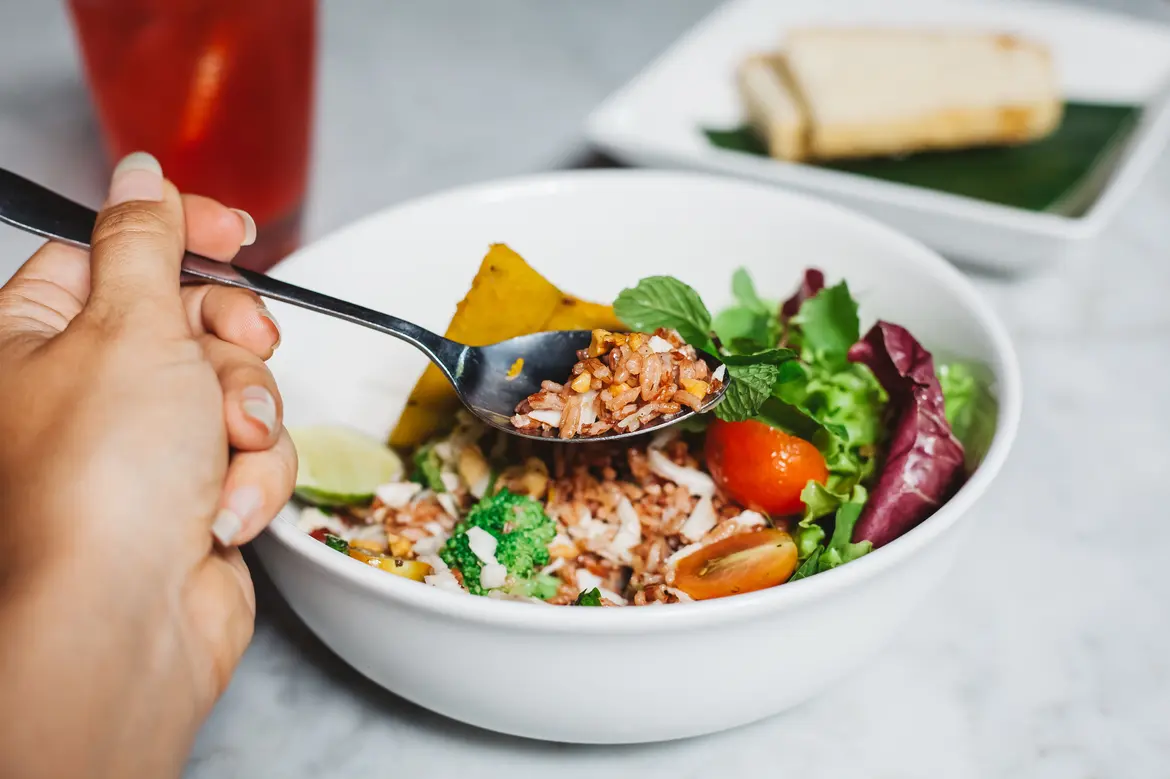
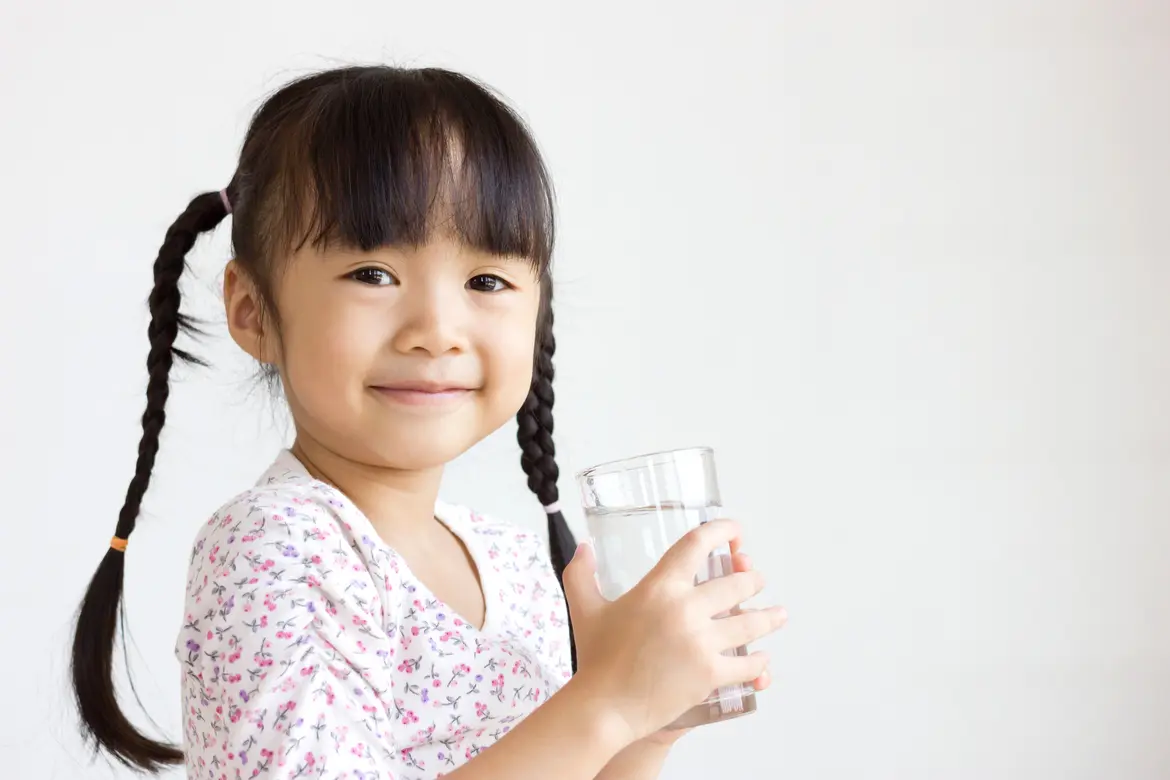
Source: Shutterstock
World Water Day: How Your Body Uses Water To Live
Last updated: Monday, February 10, 2020 | 5 min reading time
We each drink around 1,000 litres of water every year (that's a lot!). But what does your body actually do with all that liquid? In honour of World Water Day, it's time to find out...
How does water travel through your body?
Most of us know how digestion works. We chew and swallow food, which goes down our food pipe and into our stomach, where it is broken down into smaller molecules. These smaller molecules are absorbed into the bloodstream through the walls of the stomach and intestine. Any unwanted food is then passed out of the body. Simple, right?
But what about water and other fluids? Do they take a different path?
While the water you drink slips down your food pipe – the same way as food does – it doesn't need to be broken down in the same way. It is already a small molecule, and can be absorbed directly through the cells that line the walls of your intestine.
But your body doesn't just need to absorb the water you drink – it also has to process the fluids secreted from your salivary glands, stomach, pancreas, intestines and more. In total, this can be anything up to around 10 litres of water a day.
Luckily, your small intestine is a whopping 20 feet long (if you stretched the whole thing upwards, it would be about as tall as an adult giraffe!) with an inner surface area of 250 square metres (about the size of a tennis court!), so it is more than capable of dealing with this high volume of liquid. In fact, up to 90% of the water that enters your body every day is absorbed by the small intestine alone. From there, it passes through into your cells and is transported around the body.
Drinking water isn't the only factor in this 'hydration' process. Cells need enough electrolytes like sodium (salt) to absorb water properly. That's why exercising dehydrates you – because you lose lots of salty water when you sweat!
What are the benefits of drinking enough water?
Staying hydrated is important because your body uses water to regulate its temperature and transport essential nutrients around the entire body. Here are just some of the reasons why you should drink plenty of it:
Water helps you maintain the right body fluid balance
Approximately 60% of your entire body is made up of water. It plays a role in lots of different functions – from circulation to digestion, body temperature regulation to nutrient transportation, and more. You literally can't live without it.
Water helps your body to remove waste
Without enough water, your kidneys and liver won't be able to flush out waste and toxins, and your intestines will struggle to move unwanted food through your system.
Water protects tissues and joints
Different fluids in your body act as a lubricant and shock absorber for your joints, and protect your brain and spinal cord.
Water aids digestion
Your saliva is water-based, and it contains a whole bunch of enzymes that help to break up your food. In addition, water helps you to dissolve fibre in your stomach and intestines. Water supports a properly functioning digestive system, making it easier to get the useful nutrients and minerals out of what you're eating.
Water helps with weight loss
Studies show drinking water not only makes you feel fuller, but also boosts your metabolism. In one study, participants who drank half a litre of water before each meal lost 44% more weight over a 12-week period. Combined with a healthy diet, drinking more water could help you reach your goals!
Water boosts energy levels
Mild dehydration has a negative effect on mood, memory and brain performance. It can also make you feel drained and tired. The science says: water makes you happy and productive! Next time you need an energy boost, try drinking a glass of water or an electrolyte-infused energy drink.
So, how much water should I drink?
No, you don't need to force yourself to drink 8 glasses a day! That's just a myth. Instead, you should focus on listening to your body and drink when you feel thirsty.
Fun fact – the first sip of water will feel so refreshing because of something called anticipatory reflex. Your cells aren't rehydrated yet, but your body is taking note of how much water you're drinking.
If you live in a hot country like Singapore, you may need to drink more if you are spending lots of time outside. You also need to rehydrate more after exercise, or if you are feeling poorly (vomiting and diarrhoea can dehydrate you quickly).
Remember that your body gets water from lots of different sources, including fruits and vegetables, so it's not all about drinking glass after glass. As a rough guide, food makes up about 20% of your fluid intake every day. Foods with high water content include watermelon, cucumber, celery, berries and green capsicum.
Dry mouth? Headache? Haven't been to the bathroom in a while? You could be dehydrated. It's easy to forget to drink enough when you're busy, but your body really does start to shut down without water. If you experience severe dehydration – in adults, this can be signified by dizziness, a rapid heartbeat, rapid breathing or fainting, and in children, by dry diapers for 3 hours or more, no tears when crying, sunken eyes or a soft spot on the top of the skull – seek medical help immediately.
Ashish. (n.d.). How Are Water and Other Fluids Digested in the Human Body? Retrieved January 26, 2018, from https://www.scienceabc.com/humans/how-are-water-and-other-fluids-digested-in-the-human-body.html
How Are Water and Other Fluids Digested In The Human Body? » Science ABC. (2018, February 7). Retrieved from https://www.scienceabc.com/humans/how-are-water-and-other-fluids-digested-in-the-human-body.html
Marcin, A. (2017, April 19). How Much Water You Need To Drink. Retrieved January 26, 2018, from https://www.healthline.com/health/how-much-water-should-I-drink
Laskey, J. (2015, February 16). The Health Benefits of Water. Retrieved January 26, 2018, from https://www.everydayhealth.com/water-health/water-body-health.aspx
Leech, J. (2017, June 4). 7 Science-Based Benefits of Drinking Enough Water. Retrieved January 26, 2018, from https://www.healthline.com/nutrition/7-health-benefits-of-water#section1
Thorpe, J.R. (2015, July 28). When You Drink Water, What Happens in Your Body? 6 Crazy Facts About Hydration. Retrieved January 26, 2018, from https://www.bustle.com/articles/100050-when-you-drink-water-what-happens-in-your-body-6-crazy-facts-about-hydration
Water Facts & Figures. (n.d.). Retrieved January 26, 2018, from https://www.ifad.org/topic/facts_figures/overview/tags/water/1953368
What is Dehydration? What Causes It? (n.d.). Retrieved January 26, 2018, from https://www.webmd.com/a-to-z-guides/dehydration-adults#1
Zelman, K. (n.d.). 6 Reasons to Drink Water. Retrieved January 26, 2018, from https://www.webmd.com/diet/features/6-reasons-to-drink-water#1
How Are Water and Other Fluids Digested In The Human Body? » Science ABC. (2018, February 7). Retrieved from https://www.scienceabc.com/humans/how-are-water-and-other-fluids-digested-in-the-human-body.html
Marcin, A. (2017, April 19). How Much Water You Need To Drink. Retrieved January 26, 2018, from https://www.healthline.com/health/how-much-water-should-I-drink
Laskey, J. (2015, February 16). The Health Benefits of Water. Retrieved January 26, 2018, from https://www.everydayhealth.com/water-health/water-body-health.aspx
Leech, J. (2017, June 4). 7 Science-Based Benefits of Drinking Enough Water. Retrieved January 26, 2018, from https://www.healthline.com/nutrition/7-health-benefits-of-water#section1
Thorpe, J.R. (2015, July 28). When You Drink Water, What Happens in Your Body? 6 Crazy Facts About Hydration. Retrieved January 26, 2018, from https://www.bustle.com/articles/100050-when-you-drink-water-what-happens-in-your-body-6-crazy-facts-about-hydration
Water Facts & Figures. (n.d.). Retrieved January 26, 2018, from https://www.ifad.org/topic/facts_figures/overview/tags/water/1953368
What is Dehydration? What Causes It? (n.d.). Retrieved January 26, 2018, from https://www.webmd.com/a-to-z-guides/dehydration-adults#1
Zelman, K. (n.d.). 6 Reasons to Drink Water. Retrieved January 26, 2018, from https://www.webmd.com/diet/features/6-reasons-to-drink-water#1
 Brain & Spine Care
Brain & Spine Care